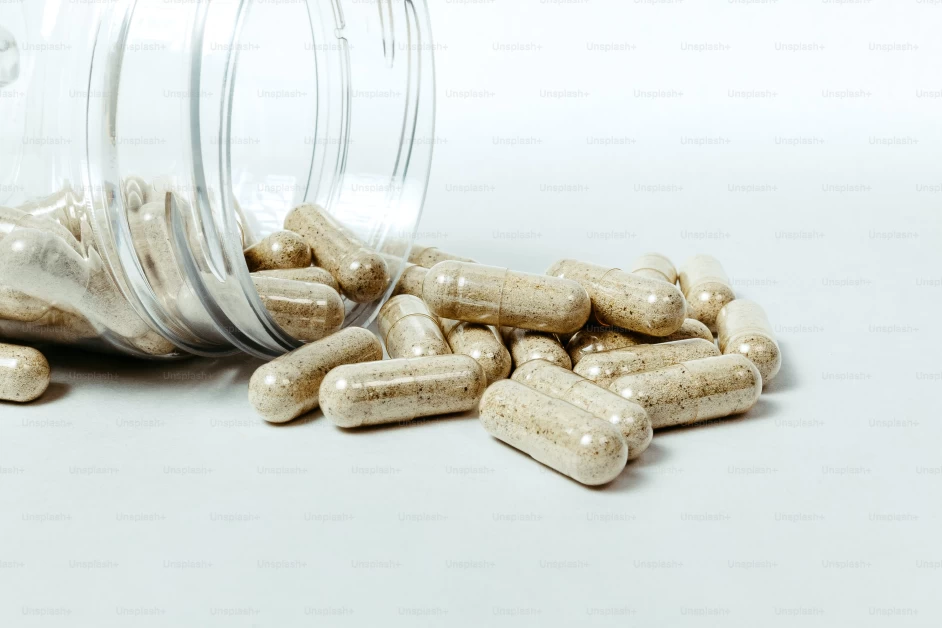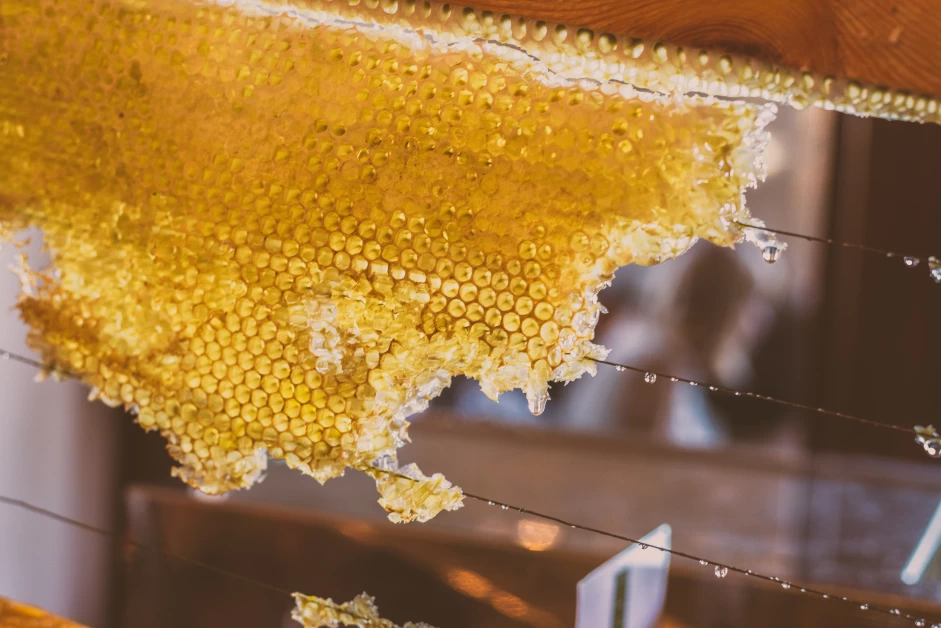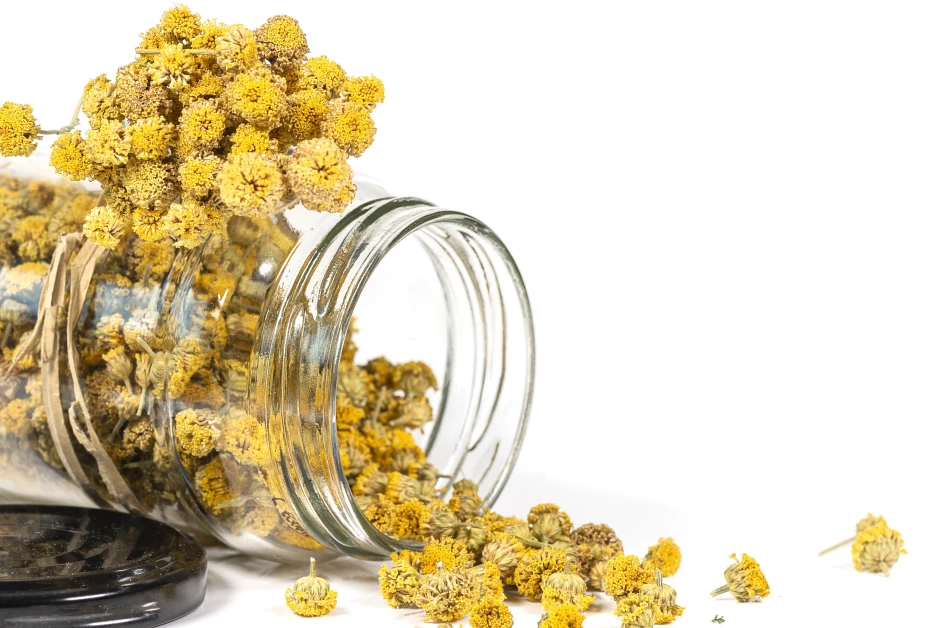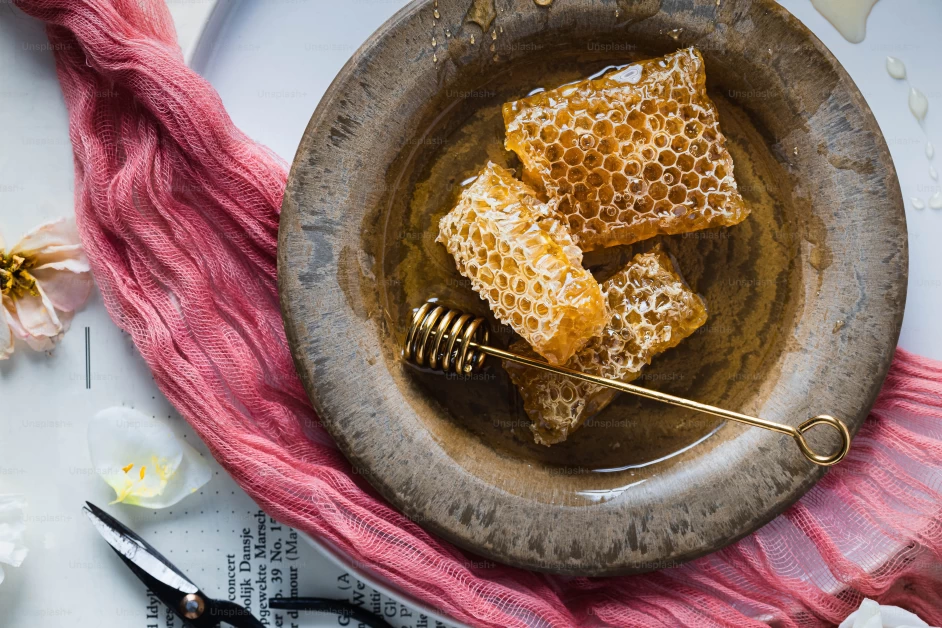Table of Contents
Manuka honey is a natural remedy that has been used for centuries to soothe sore throats and provide relief from various respiratory issues. It is derived from the nectar of the manuka tree, which is native to New Zealand. Manuka honey is known for its unique antibacterial properties, making it a popular choice for treating infections and promoting overall health.
The Benefits of Manuka Honey for Sore Throat
Manuka honey has several properties that make it an effective remedy for sore throat. Here are some of the key benefits:
-
Antibacterial Properties: Manuka honey contains a compound called methylglyoxal (MGO), which provides powerful antibacterial activity. This property helps to kill harmful bacteria in the throat and reduce inflammation.
-
Soothing and Moisturizing: The thick texture of manuka honey helps to coat the throat, providing a soothing and moisturizing effect. This can help to alleviate the pain and discomfort associated with a sore throat.
-
Immune System Support: Manuka honey contains antioxidants and other beneficial compounds that support the immune system. By boosting your immune system, you can help your body fight off infections and recover more quickly from a sore throat.
-
Anti-Inflammatory Effects: Inflammation is a common symptom of a sore throat. Manuka honey has been shown to have anti-inflammatory effects, which can help to reduce swelling and alleviate discomfort.
-
Natural and Safe: Unlike many over-the-counter medications, manuka honey is a natural remedy that is safe for most people to use. It does not have any known side effects when used in moderation.
How to Use Manuka Honey for Sore Throat
There are several ways to use manuka honey to soothe a sore throat. Here are some effective methods:
-
Consuming Manuka Honey: Simply eating a spoonful of manuka honey can help to soothe a sore throat. Allow the honey to slowly coat your throat and swallow it gradually. Repeat as needed throughout the day.
-
Manuka Honey and Warm Water: Mix a spoonful of manuka honey with warm water to create a soothing drink. Sip on this mixture throughout the day to help alleviate throat pain and reduce inflammation.
-
Manuka Honey and Lemon: Combine a spoonful of manuka honey with the juice of half a lemon and warm water. Drink this mixture to soothe your sore throat and benefit from the antibacterial properties of both manuka honey and lemon.
-
Manuka Honey Tea: Brew a cup of herbal tea and add a spoonful of manuka honey. Allow the honey to dissolve in the hot tea and drink it slowly to relieve throat pain and inflammation.
-
Manuka Honey and Ginger: Grate fresh ginger root and mix it with a spoonful of manuka honey. Allow the mixture to sit for a few minutes before consuming. This combination can help to soothe a sore throat and alleviate congestion.
Precautions and Considerations
While manuka honey is generally safe for most people to use, there are a few precautions and considerations to keep in mind:
-
Allergies: Some individuals may be allergic to honey or bee products. If you have a known allergy, it is best to avoid using manuka honey.
-
Children Under One Year Old: Honey should not be given to children under the age of one due to the risk of botulism, a rare but serious illness.
-
Quality and Authenticity: When purchasing manuka honey, it is important to ensure that you are buying a genuine product. Look for honey that has a UMF (Unique Manuka Factor) rating, which guarantees its quality and authenticity.
-
Moderation: While manuka honey is a natural remedy, it is still a sweetener and should be consumed in moderation. Excessive consumption can lead to weight gain and other health issues.
-
Consult a Healthcare Professional: If your sore throat persists for more than a few days or is accompanied by other symptoms, it is best to consult a healthcare professional for a proper diagnosis and appropriate treatment.
In conclusion, manuka honey is a natural and effective remedy for sore throat. Its antibacterial properties, soothing effect, and immune-boosting benefits make it an excellent choice for relieving throat pain and promoting overall health. By using manuka honey in various forms and following the recommended precautions, you can find relief from a sore throat and support your body’s natural healing processes.









